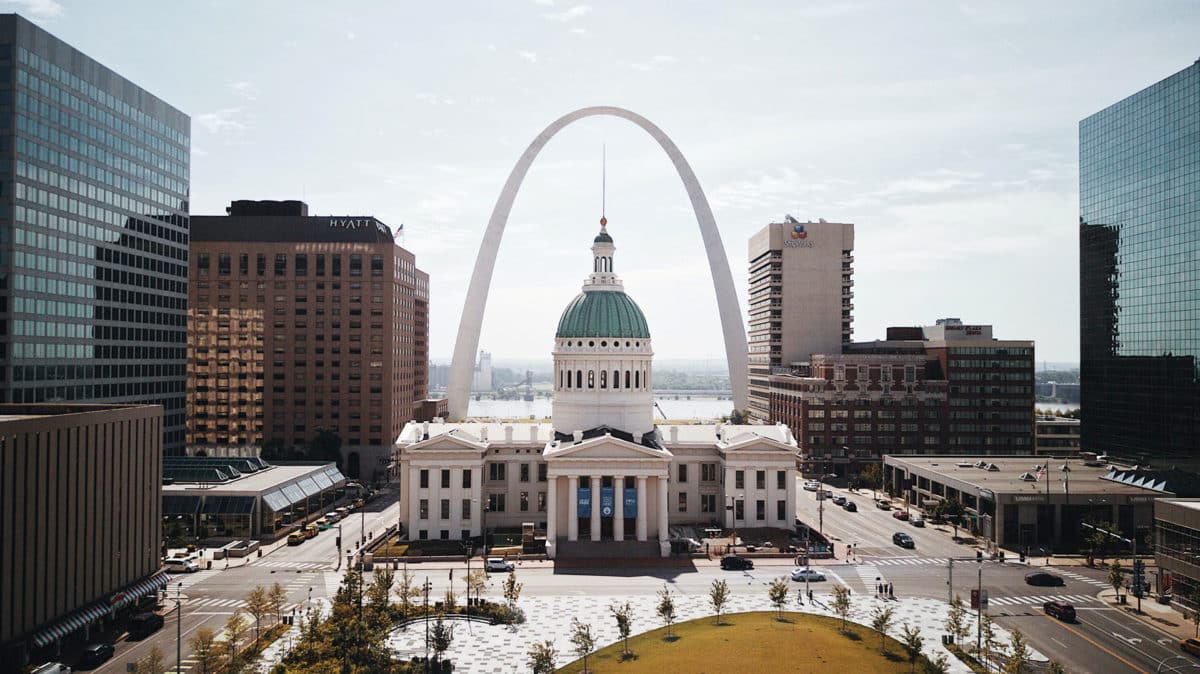Missouri Marijuana is on the Ballot in November

Is Missouri marijuana legalization finally here? Legalization in the United States typically comes to fruition two ways: a legislative bill or an initiated ballot measure. Missouri recreational weed is up for legitimacy via the latter, thanks to the efforts of Legal Missouri 2022, who in May submitted roughly 400,000 signatures for a legalization initiative. The state’s November ballot will reflect this new choice as Amendment 3, and Secretary of State Jay Ashcroft recently noted in a press release that he encourages “Missourians to study and educate themselves on any ballot initiative. Initiative 2022-059 that voters will see on the November ballot is particularly lengthy and should be given careful consideration.”
The proposed reform initiative aims for adults 21 and older be granted the ability to purchase and possess up to three ounces of Missouri recreational weed, as well as to grow up to six flowering marijuana plants, six immature plants and six clones after obtaining a registration card. Further, a 6 percent tax on recreational cannabis sales is proposed, with revenue to be used to facilitate automatic expungements for criminal records with certain non-violent marijuana offenses, then towards veterans’ healthcare, substance misuse treatment and the state’s public defender system.
On the business side, regulators would be required to issue at least 144 microbusiness licenses through a lottery system, with priority given to low-income applicants and people who have been disproportionately impacted by drug criminalization. Of these pending licenses, existing medical dispensaries would be first in line to start serving adult consumers via dual licenses. This may be included as a way to move Missouri marijuana laws along, as a previous bill to legalize recreational cannabis stalled earlier this year in the House after powerful lobbying pressure from the medical marijuana industry.
Some concerns about the bill revolve around the initiative’s lack of specific language prohibiting a licensing cap, which means the market will not be diversified, while others fear the cleared path for medical facilities boosts monopolization within Missouri marijuana. This monopolization could lead to an increase in medical cannabis, an industry insider in the state predicted this summer.
“What’s going to happen is the patients are all going to be really pissed because all of a sudden the prices are going to go up once supply and demand catches up,” said John Mueller, co-founder of Greenlight, which operates 15 dispensaries in Missouri. “That’s basically how it will probably transpire.”
John Payne, campaign manager for Legal Missouri, has disagreed with Mueller’s prediction: “I don’t think Mueller is correct there. Prices have fallen tremendously since the first dispensaries opened in 2020, and there are new cultivators coming online with regularity.”
Benefits for medical patients are included in Amendment 3, such as card renewal pushed out from annual to every three years, allowance of six ounces per month instead of four ounces, a tax rate reduction to 4 percent rather than the proposed 6 percent, and the extension of registering staff to include nurse practitioners. There are about 200,000 active Missouri medical marijuana cardholders; these numbers could make or break the possible changes in Missouri cannabis laws.
Other trepidations about Amendment 3 have evolved into a lawsuit, which is pending a ruling by Sept. 13 from Cole County Circuit Court Judge Cotton Walker. The lawsuit argues the proposed reform petition changes multiple sections of the Missouri Constitution in violation of single-subject rules, and that its backers did not secure the minimum number of signatures to warrant its insertion on the upcoming ballot.
If votes outweigh in favor of approval of Amendment 3 and Missouri marijuana legalization becomes official, the Department of Health and Senior Services would allow the medical marijuana companies to apply for recreational licenses on Dec. 8. The state would have to act within 60 days, therefore Missouri recreational weed sales would begin in early February for those who are 21 and older. As a medical-only state, Missouri cannabis 2022 sales are expected to surpass $360 million. In August, the $30 million sales mark was hit for the sixth consecutive month, and more than $244 million dollars in sales were registered. As reference, Missouri cannabis sales for the calendar year of 2021 totaled only $209.75 million.
Let’s hope Missouri marijuana legalization is official this year and recreational Missouri cannabis laws become favorable. It would certainly offer some fantastic cannabis-friendly cities to live and work in! Come learn all about the cannabis industry at CannaCon West Sept. 24-25 in Denver. As the nation’s leading business-to-business cannabis conference, the goal of CannaCon is to grow the cannabis industry by educating cannabis business owners on all things related to cannabis and CBD. CannaCon trade shows feature a large exhibition hall with exhibitors from around the country, as well as seminars delivered by industry experts. Can’t make it to Colorado? The last event of the 2022 is CannaCon South Oct. 14-15 in Richmond, Virginia!
